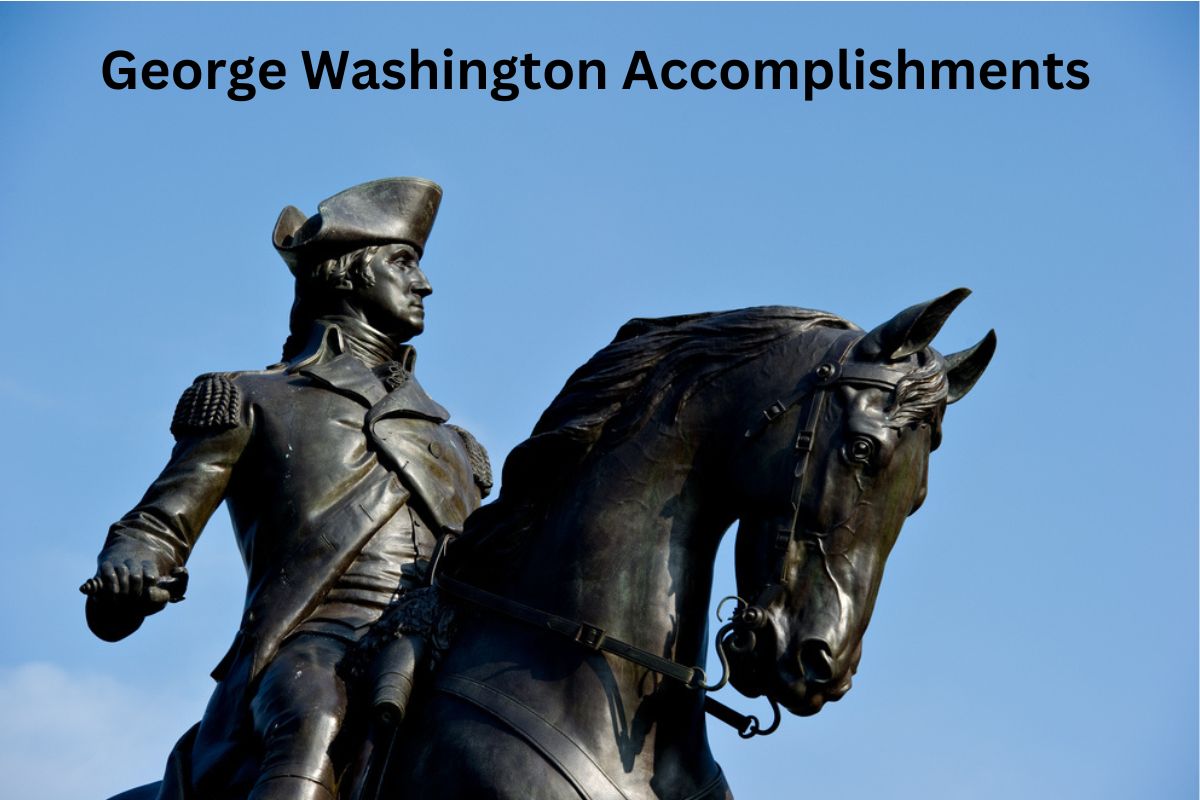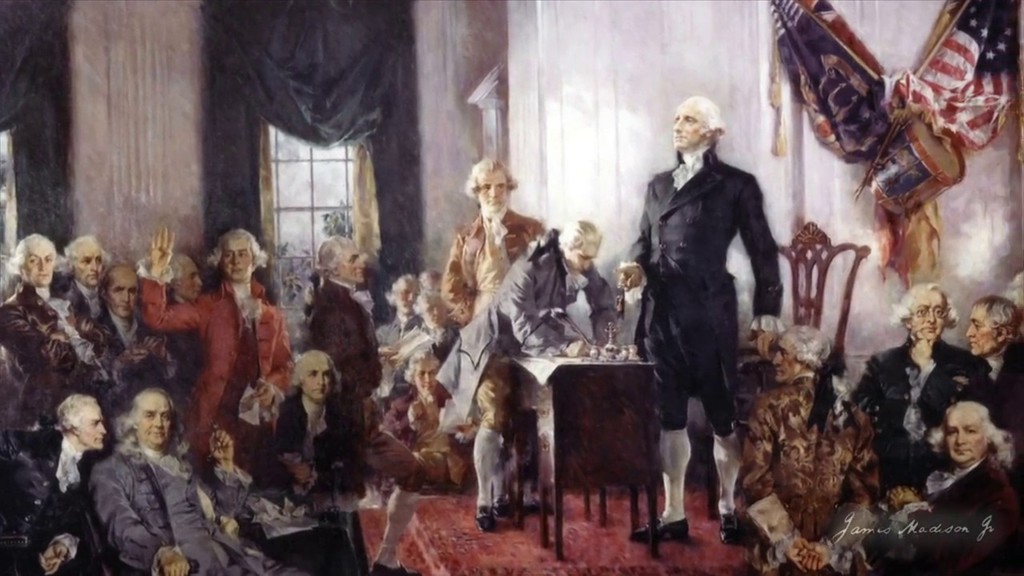The Legacy Of His Accomplishments
George Washington, a name synonymous with leadership and resilience, stands as a monumental figure in American history. His accomplishments have shaped the very foundation of the United States, leading the nation through its most formative years. As the first President and a pivotal leader of the American Revolutionary War, Washington’s contributions extend beyond military prowess and political leadership. His vision and dedication to the principles of democracy have left an indelible mark on the United States.
From his early days as a surveyor to his role as a commander-in-chief, Washington exemplified the qualities of a true leader. His ability to unite diverse factions under a common cause was crucial in rallying support for the American Revolution. Furthermore, his presidency set vital precedents that would guide the governance of the nation for generations. Washington’s accomplishments are a testament to his character, commitment, and foresight.
As we delve into the intricacies of Washington’s life and achievements, we uncover a legacy built on courage, integrity, and a profound dedication to his country. Each accomplishment reflects his unwavering belief in liberty and justice, making him a timeless symbol of American ideals. Join us as we explore the various dimensions of George Washington’s accomplishments that continue to inspire and resonate in contemporary society.
What Were George Washington’s Key Accomplishments?
George Washington’s legacy is characterized by several key accomplishments that were instrumental in shaping the United States. Some of the standout achievements include:
- Leading the Continental Army to victory during the American Revolutionary War.
- Serving as the first President of the United States and establishing key precedents.
- Presiding over the Constitutional Convention in 1787, which laid the groundwork for the U.S. Constitution.
- Promoting national unity and establishing a sense of American identity.
What Influenced George Washington’s Early Life and Career?
Born on February 22, 1732, in Westmoreland County, Virginia, George Washington came from a family of planters. His early life was marked by the challenges of growing up in colonial America, where he was exposed to the complexities of land ownership and the social dynamics of the time. Washington's early career began as a surveyor, which provided him with valuable insights into land management and military strategy.
George Washington’s Biography
| Detail | Information |
|---|---|
| Full Name | George Washington |
| Born | February 22, 1732 |
| Died | December 14, 1799 |
| Spouse | Martha Custis Washington |
| Political Party | None (Independent) |
| Presidency | 1789 - 1797 |
How Did Washington Lead the Revolutionary War?
Washington’s military leadership during the American Revolutionary War was one of his most significant accomplishments. Appointed as the commander-in-chief of the Continental Army in 1775, he faced numerous challenges, including limited resources, lack of training, and the formidable British forces. However, Washington’s strategic brilliance and determination enabled the Continental Army to secure key victories, most notably at the Siege of Yorktown in 1781, which ultimately led to British surrender and the end of the war.
What Were Washington’s Achievements as President?
As the first President of the United States, George Washington’s accomplishments laid the groundwork for the future of the nation. Some of his notable achievements during his presidency include:
- Establishing the Cabinet system, which allowed for a team of advisors to assist in decision-making.
- Implementing the Judiciary Act of 1789, which established the federal judiciary system.
- Fostering economic stability through the creation of a national bank.
- Declaring neutrality in foreign conflicts, thus setting a precedent for American foreign policy.
How Did Washington Contribute to the Constitution?
Washington’s role in the drafting of the U.S. Constitution was pivotal for the nation’s governance. He presided over the Constitutional Convention in Philadelphia in 1787, where delegates debated the framework of the new government. Washington’s presence lent credibility to the proceedings, and his support for a strong central government was influential in the eventual ratification of the Constitution. His leadership ensured that the document balanced power among the branches of government, safeguarding the rights of the states and the people.
What Lasting Impact Did Washington Have on American Identity?
George Washington’s accomplishments extend beyond his political and military achievements; he played a crucial role in shaping the national identity of the United States. His commitment to unity, freedom, and justice became the bedrock of American values. Washington’s Farewell Address, in which he cautioned against political factions and foreign alliances, has been a guiding principle for American diplomacy and governance. His legacy as the “Father of His Country” resonates profoundly in the American consciousness.
How Did Washington’s Life Reflect the Values of His Time?
Washington’s life and accomplishments reflect the values and ideals of the 18th century, emphasizing individual liberty, civic responsibility, and the pursuit of common good. He embodied the Enlightenment principles that inspired the American Revolution, advocating for a government that derives its power from the consent of the governed. His character—marked by integrity, humility, and a strong sense of duty—served as a model for future leaders. Washington’s dedication to public service and the welfare of the nation demonstrates the timeless relevance of his accomplishments.
What Can We Learn from Washington’s Accomplishments Today?
George Washington’s accomplishments offer valuable lessons for contemporary society. His commitment to leadership, integrity, and unity serves as a reminder of the importance of civic engagement and the pursuit of the common good. In a time of political polarization, Washington’s emphasis on compromise and collaboration remains pertinent. By examining Washington’s life and legacy, we can find inspiration to foster a more inclusive and united society.
In conclusion, George Washington’s accomplishments are a testament to his extraordinary leadership and unwavering dedication to the principles of democracy. From his military victories to his presidency and lasting impact on American identity, Washington’s legacy continues to shape the nation. His contributions serve as a guiding light for future generations, reminding us of the enduring values of liberty, justice, and unity.



ncG1vNJzZmivp6x7s7HBnqOrmZ6YtbjFzmeaqKVfnru0tcahq6xwX5yysL7GnmSwmaOdtq%2Bz06ilZpmTmLyuvMuiqqGllaPBtHrHraSl